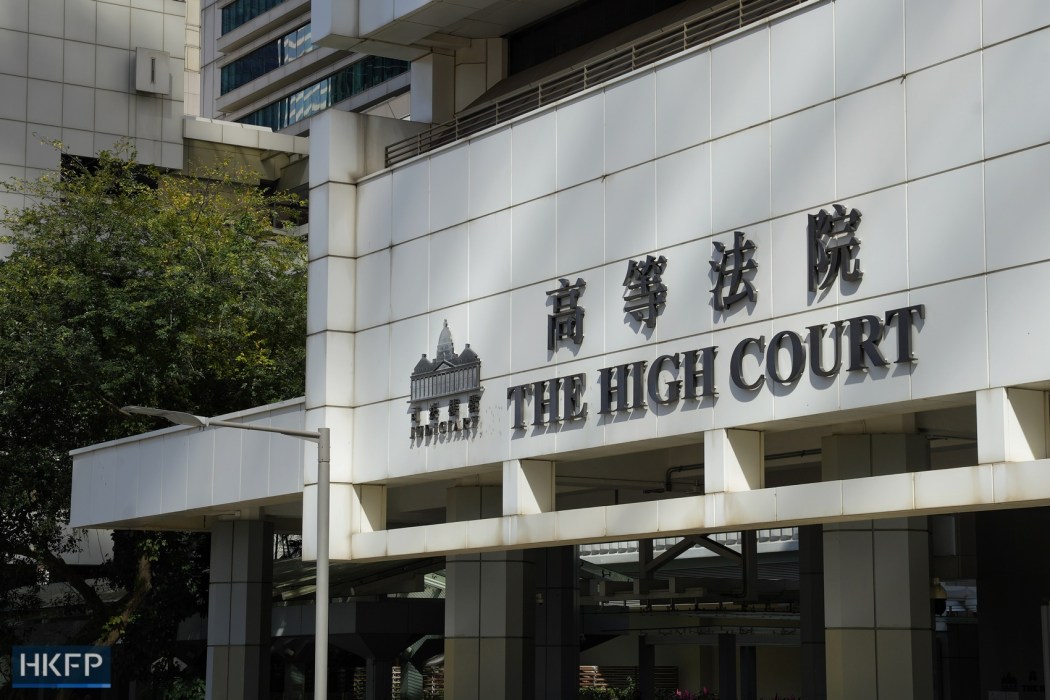Hong Kong’s Department of Justice (DoJ) has proposed making changes to the law to allow the government to appeal cases in which the High Court has ruled that there was not sufficient evidence to justify a trial.
Under the proposed amendment to the Criminal Procedure Ordinance, the DoJ would be able to appeal a “no case to hear” verdict from the High Court, with permission from the case judge or the Court of Appeal.

During trials, judges must rule whether there is a “prima facie case,” meaning whether the evidence provided by the prosecution is sufficient for the case against the defendant to proceed. The ruling is usually made before the defence presents their case in court.
The DoJ also proposed barring media outlets from reporting on the prosecution’s appeal.
“This would prevent the jury from being influenced and the defendant from being prejudiced by adverse publicity,” the government’s proposal to the Legislative Council (LegCo) read.

The proposed changes would also apply to non-jury cases and national security cases, Horace Cheung, deputy secretary for justice, told the LegCo’s Panel on Administration of Justice and Legal Services on Monday.
The bail arrangements for defendants in cases facing appeal would also be dealt with in accordance with the current legislation, said Martin Liao, chairperson of the panel.
Defendants charged under the Beijing-imposed national security law are subject to more stringent bail assessment. Judges consider not only the defendant’s risk of absconding or obstructing justice, but also whether there are sufficient grounds for believing they “will not continue to commit acts endangering national security.”
Court of Appeal ruling
The proposal was tabled to the LegCo after the Court of Appeal said that there was an “urgent need” for reform in a ruling overturning decisions made by two judges.

Last October, the Court of Appeal overturned decisions made by High Court Judge Audrey Campbell-Moffat and former deputy judge Ian McWalters in three cases related to drug trafficking charges.
The judges ruled that there was no case to answer on the three occasions, and the four defendants were subsequently acquitted and left Hong Kong.
The Court of Appeal ruled that Campbell-Moffat and McWalters “impermissibly usurped the function of each jury and incorrectly withdrew the cases before their respective juries could consider them.”
“Regrettably, each of the cases under consideration in these applications has resulted in a serious miscarriage of justice,” the judgement read.
Support HKFP | Policies & Ethics | Error/typo? | Contact Us | Newsletter | Transparency & Annual Report | Apps
Help safeguard press freedom & keep HKFP free for all readers by supporting our team

LATEST FROM HKFP
HKFP has an impartial stance, transparent funding, and balanced coverage guided by an Ethics Code and Corrections Policy.
Support press freedom & help us surpass 1,000 monthly Patrons: 100% independent, governed by an ethics code & not-for-profit.










